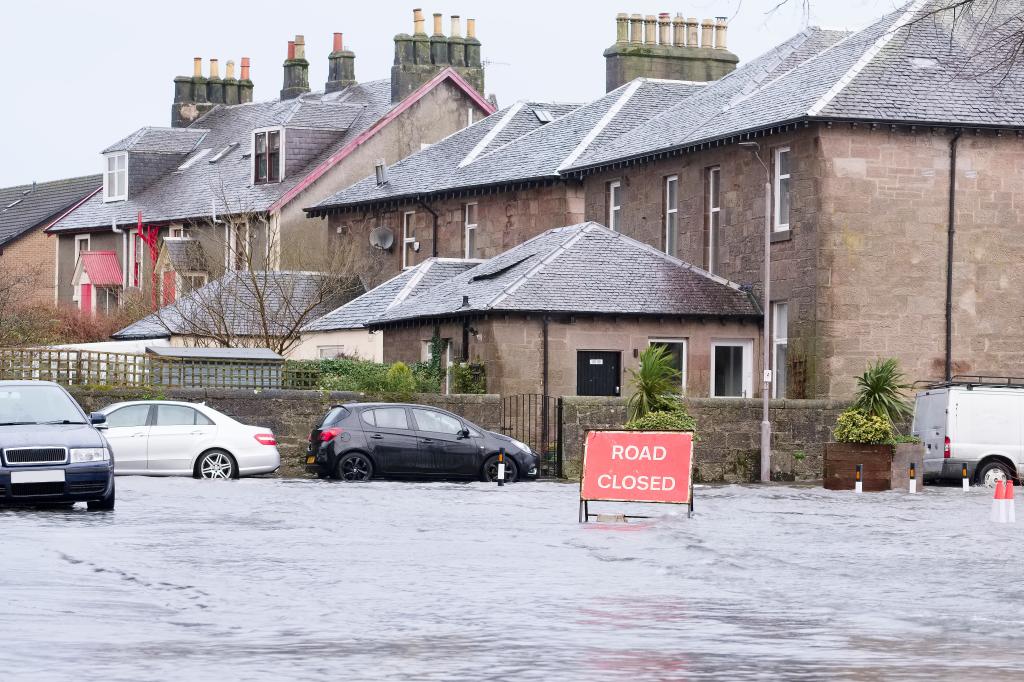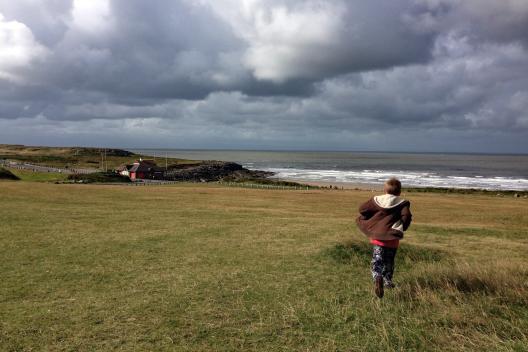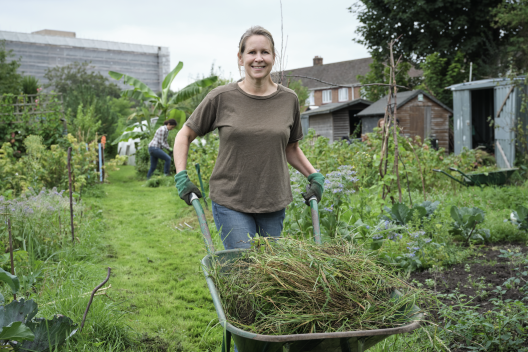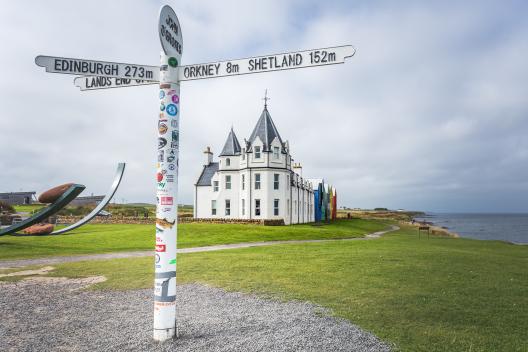Our impact
Due to the impacts of climate change, adverse weather events are becoming more frequent in Scotland, and are likely to become more so in the coming years.
From floods to extreme heat and cold, extreme weather poses serious health related risks to everyone, but can disproportionately affect specific population groups, including young children, older people, and people with health conditions. Communicating adverse weather related health risks is challenging – research done, including by our partner the Tavistock Institute for Human Relations, indicates that awareness of climate risks does not always lead to action or being better prepared. This is because risk perception is multifaceted, influenced by trust, social norms, personal experience, and community context.
ClimateXChange commissioned Innovation Unit and Tavistock Institute to establish the most effective national-level communication strategy (including messaging content and delivery) to encourage positive health behaviours before, during, and after adverse weather events in Scotland.
The research answers the following questions:
- What UK and international evidence currently exists on the effectiveness of public health messages disseminated for adverse weather events, for general and at-risk populations?
- Which communications channels used for adverse weather events (for general and at-risk populations) are most effective and why?
- What factors influence the public’s risk perception and health and wellbeing behavioural responses in relation to adverse weather events?
This research will support delivery of the Public Health Scotland (PHS) Adverse Weather and Health Plan 2024-27, and will help to protect the health of the population from adverse weather-related harm.
The approach
Innovation Unit facilitated the stakeholder engagement phase of the project, where we:
- Conducted workshops with organisations representing key population groups, including parents/carers of young children, people with health conditions, older people, and people from ethnic minority communities
- Conducted place-based workshops in Glasgow and Dumfries and Galloway, where we gathered insights from people with lived experience of extreme heat, cold, and flooding
- Conducted organisational and community interviews to further explore emerging insights.
We are currently working on a research report which will share stories and recommendations on how to deliver effective weather-related public health messaging to a variety of population groups. The report is due to be published in January 2026.
Share this page







